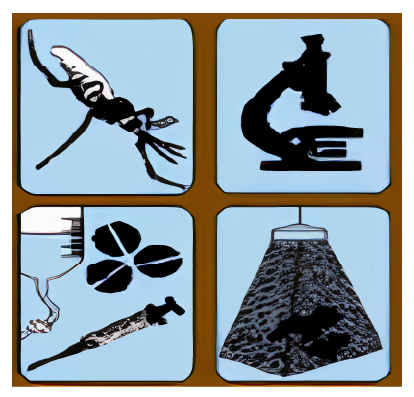Surveilance,Monitoring & Evaluation

Main Strategic Objective
To provide timely and reliable information on malaria and its control needed to take appropriate actions in different transmission risk and ensure resources are used in the most cost-effective manner
SM&E Strategic Approaches
- Strengthen comprehensive malaria surveillance and response in health facilities for improved programmatic performance
- Strengthen malaria framework for collecting, processing and storing essential indictors from periodic service delivery initiatives and programmatic surveys in the communities
- Strengthen a comprehensive malaria strategic information system to generate knowledge for evidence-based planning and decision making at all levels
Routine Health Facility Malaria Surveillance
Strategic Approach
Strengthen comprehensive malaria surveillance and response for improved programmatic performance
Routine Health Facility Malaria Surveillance Service delivery mechanisms
- Strengthen malaria surveillance and response across all epidemiological strata by improving the use of quality routine HMIS malaria data to generate reliable malaria indicators
- Strengthen capacity for malaria epidemics detection, investigation and containment at Council and health facility level in epidemic prone areas.
- Implementation of Case Based Surveillance to support elimination interventions in very low malaria transmission risk areas.
Malaria Programmatic Surveillance
Strategic Approach
Strengthen malaria framework for collecting, processing and storing essential indictors from periodic service delivery and programmatic surveys
Malaria Programmatic Surveillance Survey Service delivery mechanisms
- Coordinate and conduct representative population surveys according to SME plan.
- Strengthen longitudinal vigilance of malaria parasitaemia in sentinel population: Pregnant women at ANC.
- Conduct standard antimalarial Therapeutic Efficacy Study (TES) in sentinel sites as per WHO standard protocol
- Strengthen longitudinal monitoring of mosquito population dynamics in the sentinel sites.
- Strengthen longitudinal monitoring of efficacy and effectiveness of insecticides in national representative sentinel sites.
- Coordinate the collection, analysis, interpretation and use of the programmatic monitoring of vector control initiatives (including LLINs, IRS and LSM) data.
- Establish capacity for malaria related molecular surveillance for programmatic monitoring of parasites and vector dynamics.
Malaria Strategic Information system
Strategic Approach
Strengthen a comprehensive malaria strategic information system to generate knowledge for evidence-based planning and decision making at all levels
Malaria Strategic Information System and Knowledge Management Service Delivery Mechanisms
- Conduct a comprehensive periodic stratification of malaria transmission risk in all councils for improved targeting of interventions
- Strengthen malaria data management capacity and the national repository arrangements to enable evidence-based decision making at all levels
- Undertake periodic malaria program reviews and evaluation of the implementation of malaria strategic plan
- Create conducive environment for continuous collaboration with research, academia institutions and research capacities at subnational levels to facilitate evidence based decision making at all levels.

